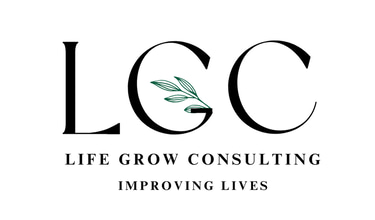Life Skills Development
Life skills development encompasses a range of abilities required for daily living, including communication, problem-solving, decision-making, time management, and interpersonal skills. Life skills development programs aim to fully equip individuals with the practical abilities necessary for successful and independent living.
Some examples of life skills that can be developed include cooking, managing finances, planning and navigating transportation, managing daily routines, understanding social cues, practicing mindfulness, and even organising entry into tertiary education. Mastering these skills will ultimately enable and empower individuals to lead fulfilling lives and contribute positively to society, however it is important to provide ongoing support, encouragement, and access to resources to help individuals build and maintain these skills over time.
Around 1 in 5 Australian adults lack the basic literacy, numeracy, and digital skills to participate fully in work and life. (Ministers' Media Centre).
Developing life skills has been found to promote positive mental health, strengthen coping mechanisms, and develop individuals' self-confidence in their abilities and empathy. (National Library of Medicine).
The Australian Bureau of Statistics' (ABS) 2018 Survey of Disability, Ageing and Carers (SDAC) found that in addition to the 10 activities associated with daily living - self-care, mobility, communication, cognitive or emotional tasks, health care, reading or writing tasks, transport, household chores, property maintenance, and meal preparation - as a result of disability, individuals may also experience restriction or difficulty with schooling and employment. (Australian Institute of Health and Welfare).




Get in Touch
1300 092 546 (AEST)
Email: prem@lifegrowconsulting.com
Practice: Accredited Social Worker-Private Consulting
Physical Location: Sydney & Melbourne - Expanding in regional & countryside areas across Australia
Global: International & Overseas Clients: Welcome
ABN: 30 741 980 313
AASW Membership: 456 335
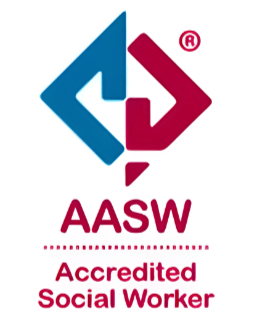

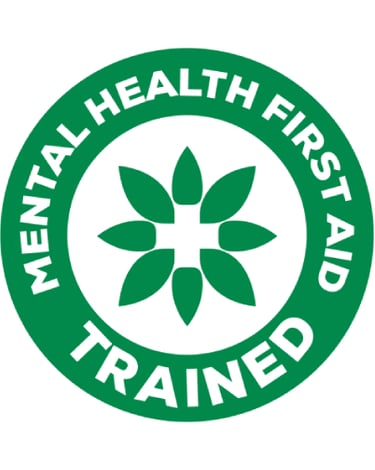

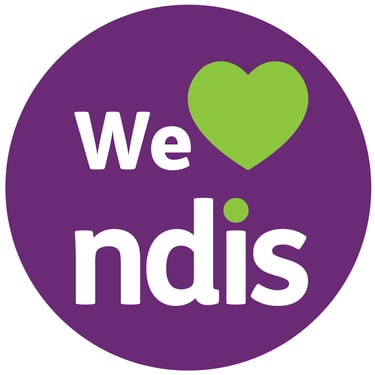

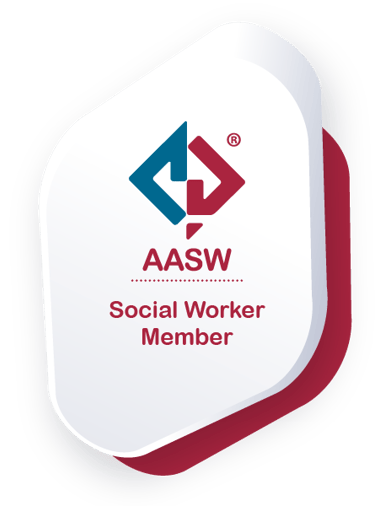

Life Grow Consulting acknowledges the traditional custodians of the land on which we work.
We acknowledge that this always was and always will be Aboriginal land and we pay our respects to Elders past, present and future.
Association Memberships
Copyright © 2025 Life Grow Consulting




Website created by NN
Life Grow Consulting is committed to the principles of social justice. Life Grow Consulting supports the LGBTIQA + community and celebrates diversity.
Please note that Life Grow Consulting is not a crisis service.
If you or someone you know is in need of emergency support and need help immediately, please call 000
If you are in a crisis and need someone to chat to, in Australia, you can always contact
Beyond Blue: 1300 22 4636 or Lifeline: 13 11 14
Additional resources can be found in our Resources tab.
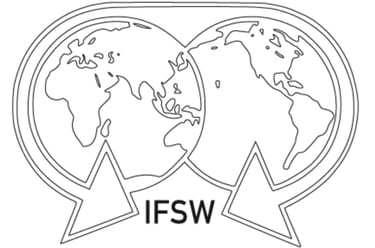

Life Grow Consulting acknowledges the United Nations Convention on the Rights of Persons with Disabilities and recognises their families, service providers, and their respective communities.
